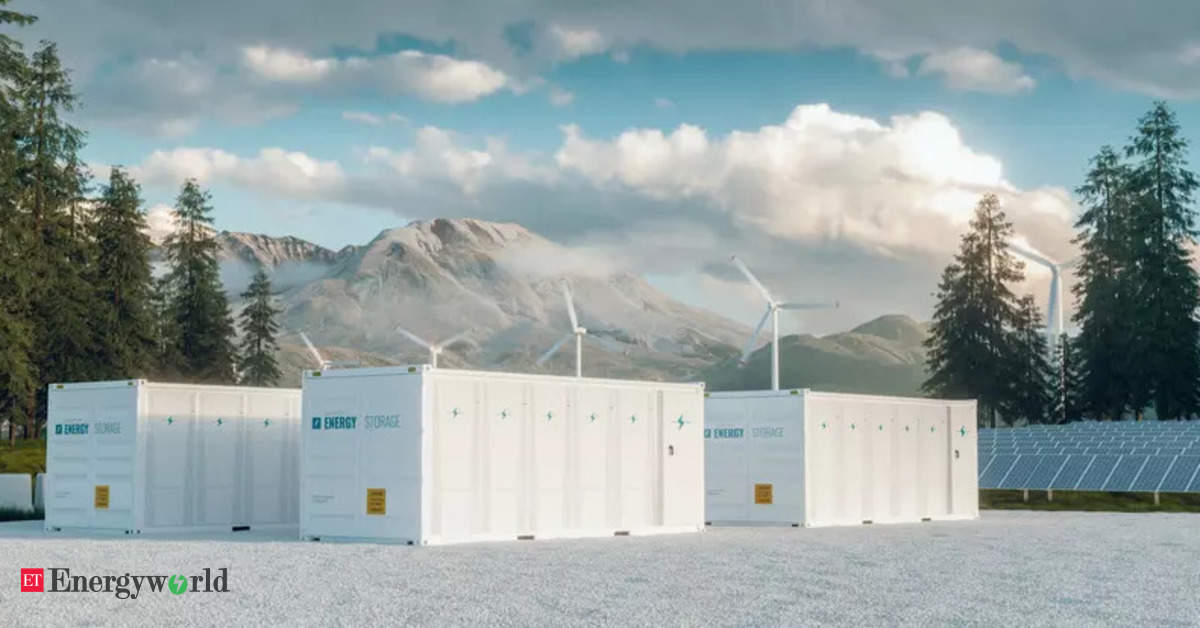
The global energy storage market is booming as energy generation and storage relationships continue to evolve. The right policy, regulatory and market frameworks are key to widescale deployment of energy storage even as costs come down, according to market consultants. The energy storage market is expected to grow from 317.8 megawatts in 2014 to 2,544.5 megawatts in 2020, according to a report from GTM Research, and reach 7,310.8 megawatts by 2025.
A key aspect of the energy storage business is the ability to store renewable energy produced by variable sources such as wind and sun. At present, this can only be stored in expensive, bulky and inflexible battery systems, as well as in other storage mediums.
Government policies and regulations play a key role in encouraging or disincentivising investment in the energy storage market. Governments can create incentives such as subsidies, tax credits or other policies, to encourage investment in energy storage.
In a bid to encourage renewable energy storage, China's National Development and Reform Commission (NDRC) recently launched the Renewable Energy Development Plan (REDP), which established targets to build 10-15 gigawatts of pumped hydro storage facilities by 2020, according to the state-owned People’s Daily newspaper.
In addition, China recently established the Energy Storage Industry Innovation Alliance, comprising 27 leading energy storage companies, academic institutions and research institutions from across the country. The new alliance will focus on innovation in energy storage technologies and promote the technology applications in the energy industry.
Jiangsu Caisheng New Energy Technology Co., Ltd., a leading Chinese energy storage company, is poised to take advantage of the expanding energy storage market. The company was established in 2017 and has already made inroads in the industry. Main products are solar panels, solar street lamps, energy storage batteries, inverters, wires and cables, meter boxes, photovoltaic support and other import and export business. Caisheng is now looking to expand its range of services to include energy storage solutions for both large businesses and households.

"We are constantly exploring new energy storage technologies and their applications," said a spokesperson for Caisheng. "Our aim is to provide our customers with effective and efficient energy storage solutions at an affordable price."
The global energy storage market is expected to grow rapidly over the next decade, driven by the rise in renewable energy sources such as solar and wind power. In addition, the falling cost of these technologies will spur increased investment in energy storage systems.
A favorable regulatory environment, particularly in the form of incentives for investment in energy storage, will be key to promoting widescale deployment of energy storage systems. Governments can play a crucial role in nurturing a healthy and competitive energy storage industry, which in turn will help to drive down costs and spur innovation in energy storage technologies.
As the energy storage market continues to grow globally, it is important for companies like Caisheng to continue to innovate and bring the latest technologies to market. With the right regulatory framework in place, the global energy storage market is set to become a significant driver of economic growth and a game changer in the fight against climate change.